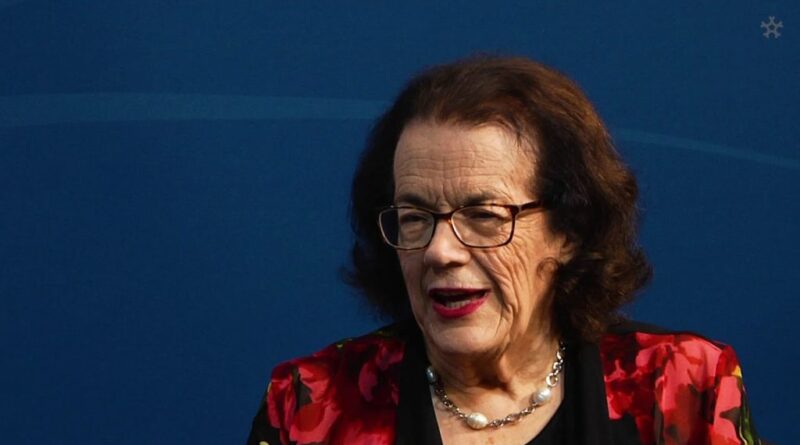Politics with Michelle Grattan: Grattan Institute’s Tony Wood on managing the shift in climate policy

The Morrison Government is in the painful throes of a climate policy shift to embrace a target of net zero by 2050, ahead of next month’s Glasgow conference. This requires a deal with the divided, noisy, fractious Nationals.
We’re joined in this podcast by Tony Wood, Director of the Energy Program at the Grattan Institute, to talk about Glasgow, Australia’s policy and the fallout from the necessary transition to lower emissions.
“[The government] will talk about […] how technology will be fundamentally important to meeting a net zero target. And that’s absolutely true,” Wood says.
[But] policy will be important as well.
“The government job, then, is to address the barriers and issues that arise.
“In some cases, it will mean losses of jobs in some sectors, but it also means growth of jobs in other sectors. And that’s where the big opportunities lie.
“Sectors actually are not really looking to be protected from the consequences of reducing emissions. In fact, they want to be part of the process of driving these changes, so they can actually have some control over their destiny,” Wood says.
“So the farming community wants to be part of the solution. They’ve already committed themselves to net zero by dates which are much earlier than 2050. And now the Business Council, which represents some of those big mining companies for example, they’ve also committed to net zero by 2050.
“As you think about winners and losers […] we do know that one thing is for certain – that losers shout about their losses much more than the winners boast about their gains.
“So what the government puts in place to try and bring those areas of the economy along with them, where the concerns will arise, will be fundamentally important. They will obviously have had to provide some sort of concessions in the announcements around how they’re going to ensure that rural and regional and mining communities are being considered in this process.”

